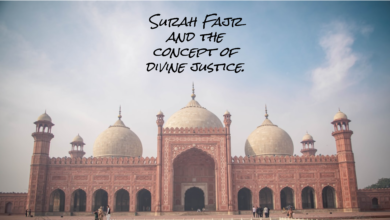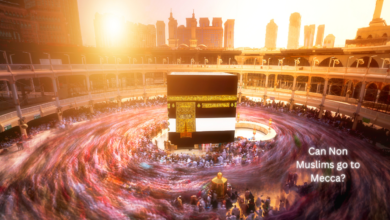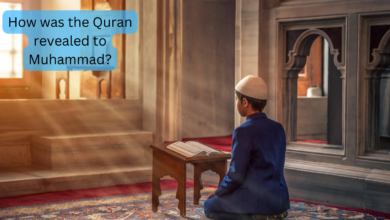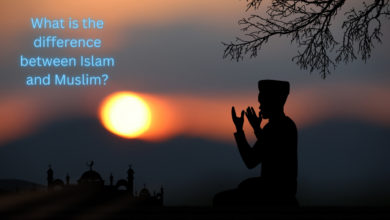Understanding the Significance of All Souls’ Day in Islam
Commemorating All Souls' Day: A Glimpse into Islamic Tradition
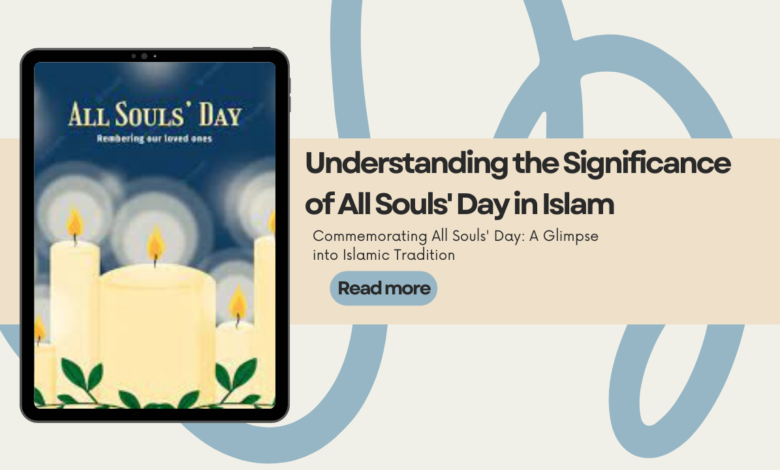
Understanding the Significance of All Souls’ Day in Islam
All Souls’ Day, also known as “Yawm al-Arwaah” in Arabic, is a special day in Islam dedicated to remembering and praying for the souls of deceased Muslims. It is observed on the 1st day of the Islamic month of Muharram.
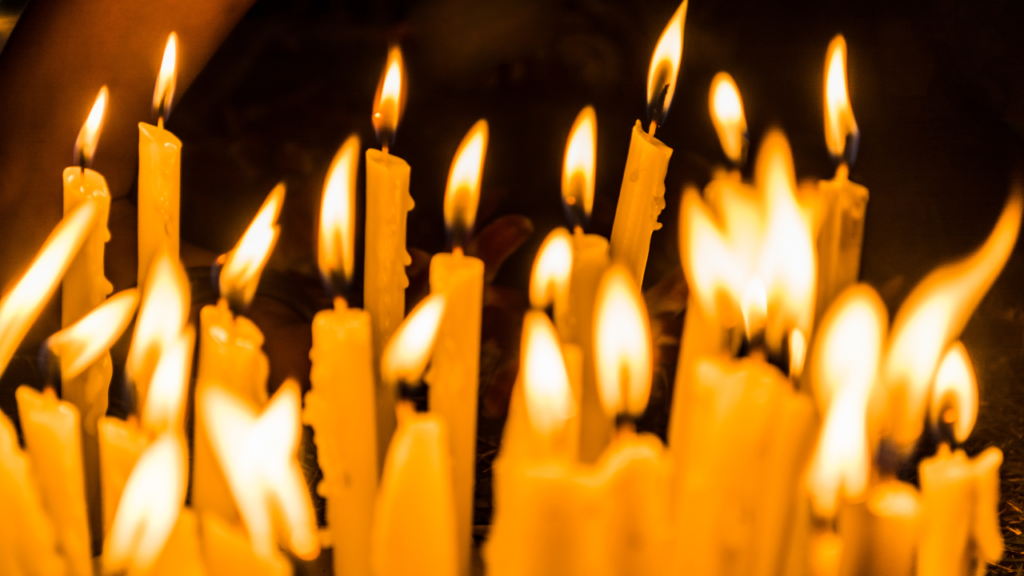
Introduction
All Souls’ Day, also known as “Yawm al-Arba’een” in Islam, holds a special significance in the Islamic calendar. While it may not be as widely recognized or celebrated as other Islamic holidays like Eid al-Fitr or Eid al-Adha, All Souls’ Day is an important occasion for Muslims that involves remembering and praying for the souls of the departed. In this article, we will delve into the significance of All Souls’ Day in Islam and how it is observed.
The Significance of All Souls’ Day
- Spiritual Reflection:
- All Souls’ Day is a day of spiritual reflection and remembrance in Islam. It provides an opportunity for Muslims to remember their deceased loved ones, including family members, friends, and ancestors. This reflection serves as a reminder of the transient nature of life on Earth and the ultimate journey that awaits every soul.
- Connection with the Departed:
- Muslims believe that the souls of the deceased continue to exist after death, and they can benefit from the prayers and supplications of the living. All Souls’ Day allows Muslims to maintain a connection with their departed loved ones through prayer and remembrance. This connection is rooted in the Islamic concept of “du’a” or supplication, where believers can ask Allah for blessings and forgiveness on behalf of others.
- Acts of Charity:
- On All Souls’ Day, it is common for Muslims to engage in acts of charity and kindness. This practice is seen as a way to honor the deceased and seek Allah’s mercy for them. Many Muslims choose to give to the poor, provide meals for the less fortunate, or support charitable causes on this day, believing that such actions benefit the souls of the departed.
- Seeking Forgiveness:
- All Souls’ Day also serves as a reminder of the importance of seeking forgiveness for both the living and the deceased. Muslims believe that by seeking Allah’s forgiveness on behalf of their departed loved ones, they can help alleviate any suffering or difficulties the souls may be experiencing in the afterlife.
Also Check
- Is Halloween Haram in Islam?
- What does all hallows eve mean?
- When I think of Christmas?
- Understanding the Core Beliefs of Christianity
- Where did Christianity start?
Observing All Souls’ Day in Islam
- Prayers and Supplications:
- On All Souls’ Day, Muslims often engage in special prayers and supplications for the souls of the departed. They may visit gravesites, recite verses from the Quran, and offer heartfelt prayers asking for Allah’s mercy and forgiveness for their loved ones.
- Acts of Charity:
- Charitable acts are a common practice on All Souls’ Day in Islam. Muslims may donate to charity organizations, provide food and clothing to those in need, or perform other acts of kindness as a way of seeking Allah’s blessings for the departed souls.
- Recitation of Quranic Verses:
- Muslims may also recite specific verses from the Quran that emphasize Allah’s mercy and forgiveness. These verses serve as a source of comfort and hope, reminding believers that Allah’s compassion extends even to those who have passed away.
Conclusion
All Souls’ Day, or Yawm al-Arba’een, in Islam is a significant occasion that underscores the importance of remembering and praying for the souls of the departed. It serves as a day of spiritual reflection, connection with loved ones who have passed away, and acts of charity and kindness. Through prayers, supplications, and acts of goodwill, Muslims seek Allah’s mercy and forgiveness for their deceased loved ones, believing that these actions can bring solace to the souls in the afterlife. All Souls’ Day highlights the enduring bond between the living and the departed and underscores the central role of faith and compassion in the Islamic tradition.
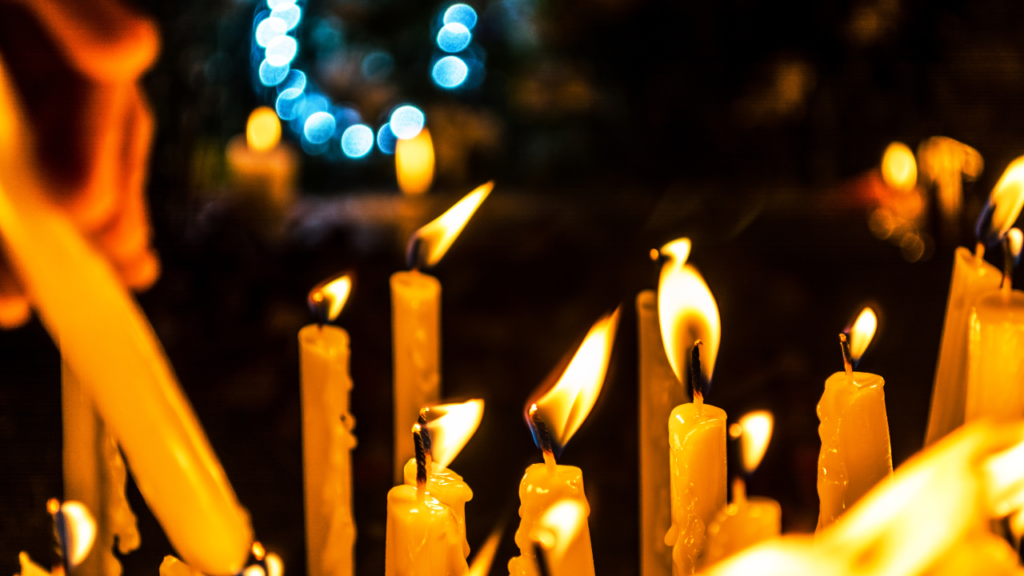
(FAQs) about understanding the significance of All Souls’ Day in Islam:
What is All Souls’ Day in Islam?
All Souls’ Day, also known as “Yawm al-Arwaah” in Arabic, is a special day in Islam dedicated to remembering and praying for the souls of deceased Muslims. It is observed on the 1st day of the Islamic month of Muharram.
Is All Souls’ Day a widely observed Islamic tradition?
All Souls’ Day is not as widely observed as some other Islamic holidays like Eid al-Fitr or Eid al-Adha, but it holds significant importance for many Muslims who wish to honor and remember their departed loved ones.
What is the significance of All Souls’ Day in Islam?
The significance of All Souls’ Day lies in the belief that on this day, the souls of deceased individuals are in a state of transition and in need of prayers and supplication. Muslims use this day to seek forgiveness for the deceased, pray for their souls, and remember their good deeds.
How do Muslims observe All Souls’ Day?
Muslims observe All Souls’ Day by visiting the graves of their deceased family members and friends. They offer prayers, recite verses from the Quran, and make supplications for the forgiveness and well-being of the departed souls. Many also perform acts of charity and engage in acts of kindness in memory of the deceased.
Are there specific prayers or rituals associated with All Souls’ Day in Islam?
While there are no specific prayers or rituals mandated for All Souls’ Day, Muslims often recite Surah Al-Fatiha (the opening chapter of the Quran) and other relevant verses from the Quran during their visit to the graves. They also make heartfelt dua (supplications) for the deceased.
Is All Souls’ Day the same as the Day of Judgment or Resurrection in Islam?
No, All Souls’ Day is distinct from the Day of Judgment (Yawm al-Qiyamah) or the Day of Resurrection (Yawm al-Din) in Islamic theology. All Souls’ Day is a day of remembrance and prayer for the deceased, while the Day of Judgment is a belief in Islamic eschatology about the final reckoning of all souls.
Can non-Muslims participate in observing All Souls’ Day in Islam?
All Souls’ Day is primarily an Islamic practice, but non-Muslims are generally welcome to visit cemeteries and pay their respects to deceased Muslims. However, it’s essential to be respectful of Islamic customs and traditions when doing so.
Are there regional variations in how All Souls’ Day is observed in Islam?
Yes, there can be regional variations in how All Souls’ Day is observed, with different cultural customs and practices. However, the core purpose of remembering and praying for the deceased remains consistent.
How can one prepare for All Souls’ Day in Islam?
Muslims can prepare for All Souls’ Day by making a list of deceased loved ones they wish to pray for, gathering necessary items like flowers or candles for graves, and reciting appropriate Quranic verses and supplications.
Can All Souls’ Day serve as an opportunity for self-reflection and spiritual growth?
Yes, for many Muslims, All Souls’ Day is a time not only to remember the departed but also to reflect on their own lives, seek forgiveness for their sins, and renew their commitment to living in accordance with Islamic teachings. It can be a time of spiritual growth and self-improvement.
